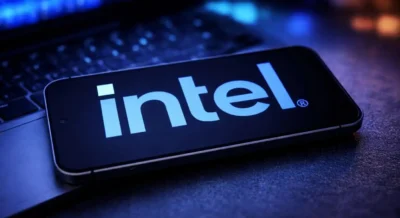Nvidia CEO Jensen Huang has expressed optimism about bringing the company’s cutting-edge Blackwell processor to the Chinese market, despite ongoing US export restrictions. This comes as Huang urged the US government to ease restrictions on American chipmakers, emphasizing the importance of maintaining US technological leadership in the global AI race. His comments followed a strong second-quarter performance for Nvidia, reporting a remarkable 56% year-over-year revenue increase to $54 billion. This growth is particularly impressive considering the company did not sell any of its H20 AI chips to China during the quarter. Instead, revenue was driven by other sales and the release of existing H20 inventory.
Huang’s confidence stems from a previous agreement with the White House, reached following personal meetings in July and August. This deal allows for the sale of the H20 chip to China, with a condition that 15% of the revenue generated goes to the US government. However, the official regulations outlining this revenue-sharing agreement are yet to be published by the US government. While this deal currently focuses on the H20 chip, Huang’s statement suggests that similar arrangements could be in the works for the more advanced Blackwell processor. The future of Blackwell sales in China hinges on ongoing negotiations and the resolution of geopolitical tensions.
Despite the lack of H20 sales to China in Q2, Nvidia projects potential future sales ranging from $2 billion to $5 billion, contingent upon the evolving geopolitical landscape. The company’s financial chief, Colette Kress, highlighted the uncertainty surrounding future orders, emphasizing their dependence on navigating the complex regulatory environment. Nvidia’s ability to meet potential demand depends on securing necessary export licenses and complying with US government regulations. While the company anticipates a 50% growth in China’s AI market next year, accessing this market remains dependent on favorable policy shifts and successful negotiation with the US government.
Huang believes providing Chinese AI developers with Nvidia’s superior chips is preferable to restricting exports and potentially accelerating the development of competing Chinese technology. He pointed out the significant potential market in China, estimating it to be worth approximately $50 billion this year if Nvidia could offer competitive products. However, recent reports suggest that the Chinese government is encouraging its developers to prioritize domestically produced chips, creating a further layer of complexity for Nvidia’s expansion plans. The success of Nvidia’s strategy in China ,therefore ,rests on a delicate balance of geopolitical factors and successful negotiations with both US and Chinese authorities.













